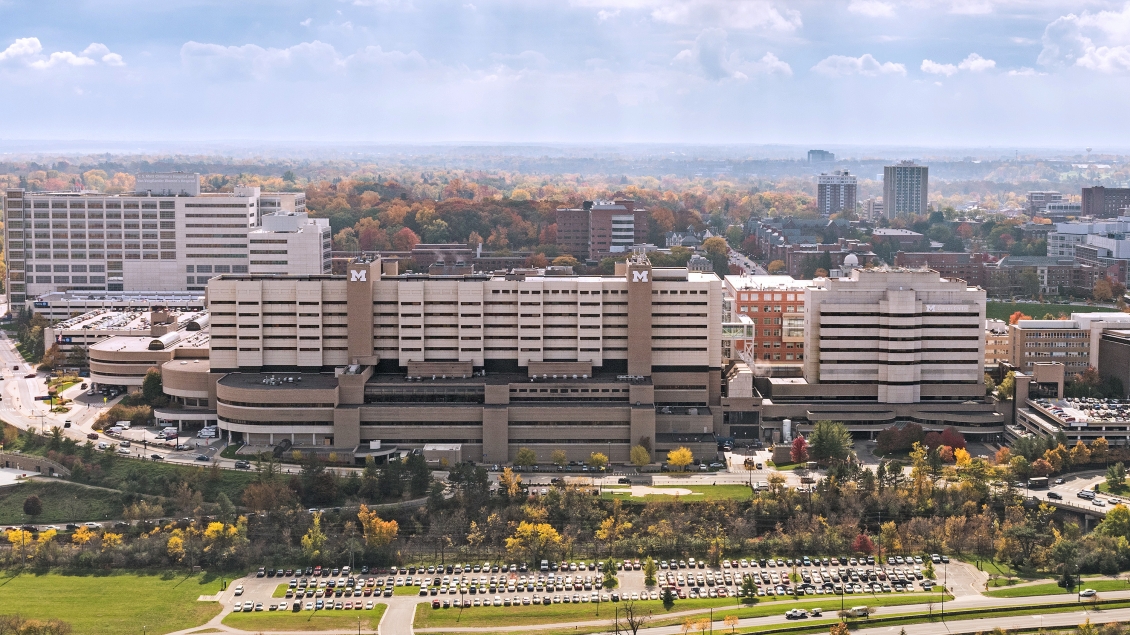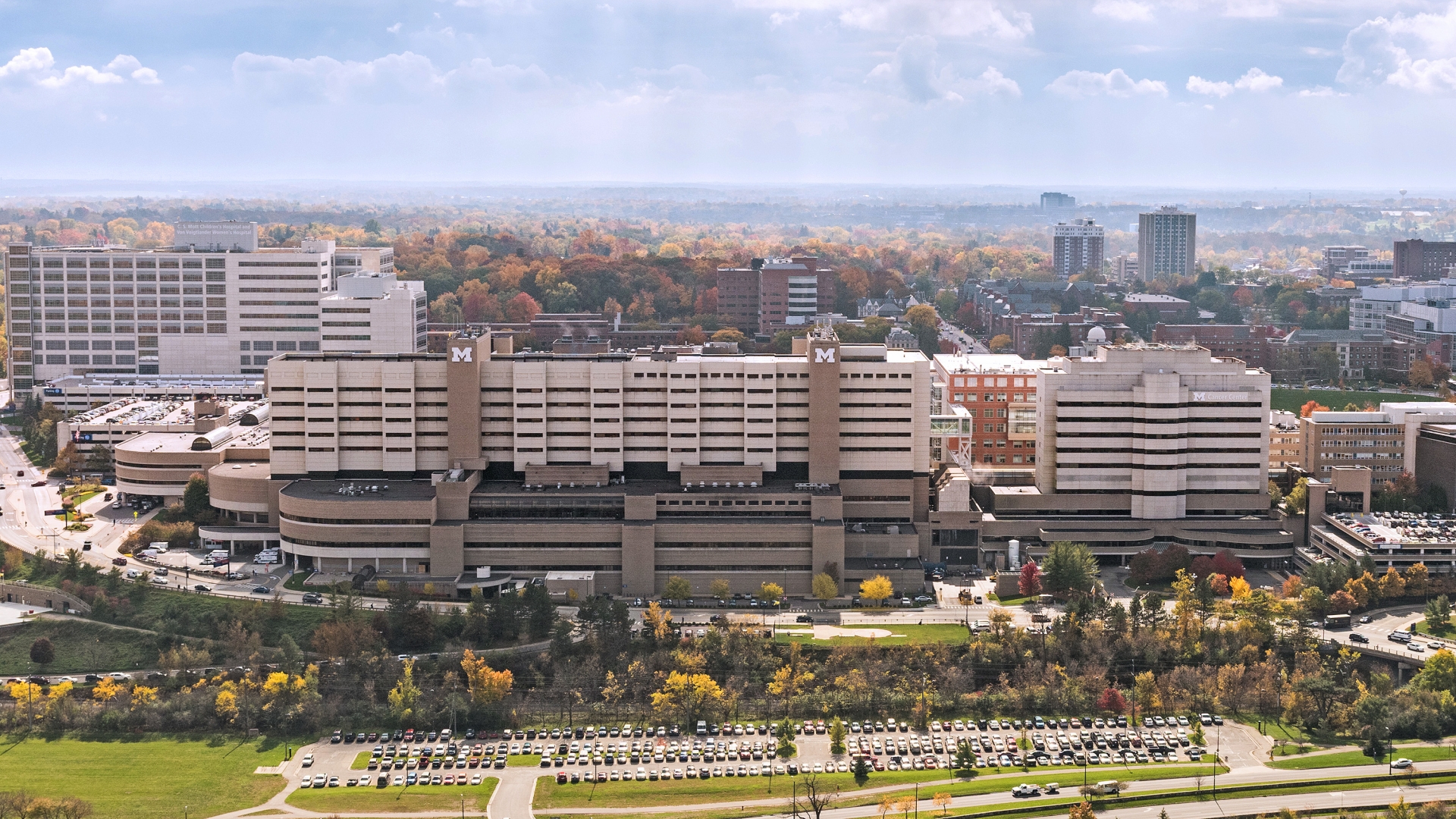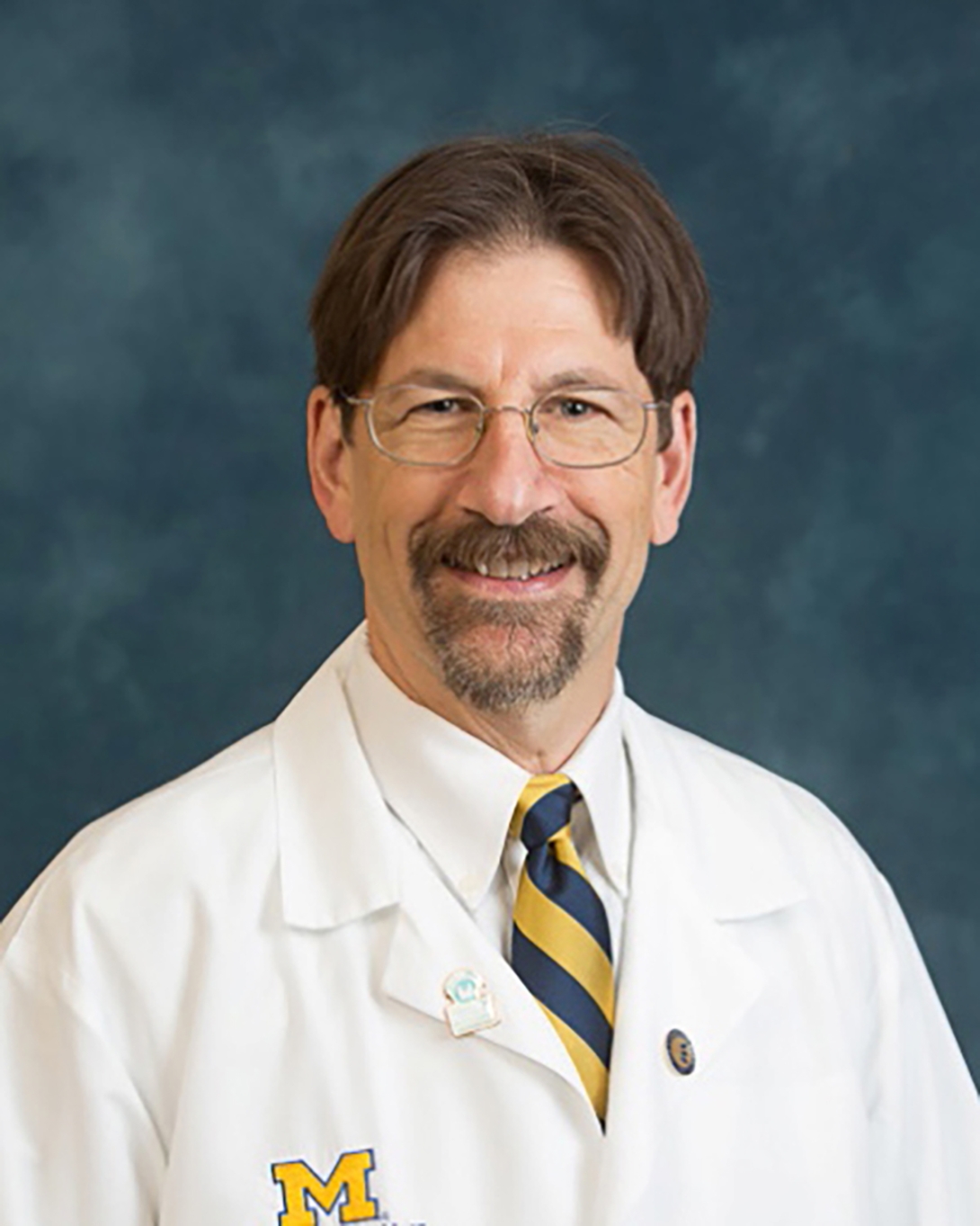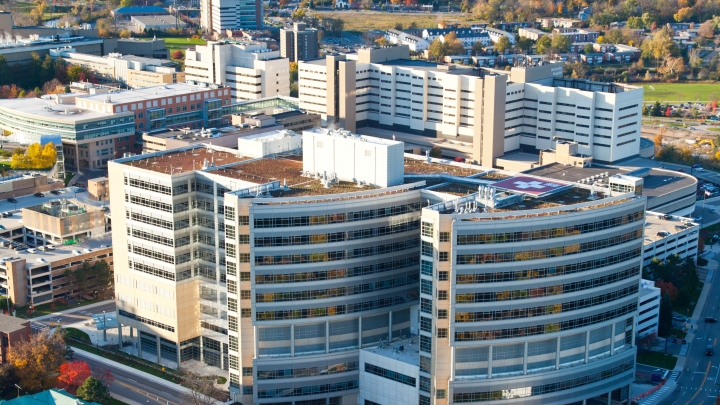
The burden of diabetes and its complications underscores the continued need to train the next generation of well-qualified scientists to develop new ideas and novel therapies for the treatment, prevention and cure of diabetes.
Learn more about our program by jumping to the sections below:
The Multidisciplinary Postdoctoral Training Program in Basic Diabetes Research Program is led by Ormond MacDougald, PhD, Principal Investigator, and Peter Arvan, MD, PhD, who are supported by a diverse group of mentors who come from a variety of schools, departments and divisions at the U-M Medical School.
The primary goal of the Multidisciplinary Postdoctoral Training Program in Basic Diabetes Research (T32DK101357) is to prepare PhD basic scientists for careers in diabetes research. The training includes multidisciplinary and comprehensive learning experiences, as well as the mentorship and laboratory research experiences required to develop a deep understanding of the molecular aspects of diabetes. Upon completion of the first year, trainees will have the possibility to extend their fellowship to a second year based on performance and productivity.
Division of Metabolism, Endocrinology & Diabetes
Our training program is a tremendous opportunity for postdoctoral fellows, whether they’re applying from within the University of Michigan or from outside the university, who are looking for a program that will significantly impact their early careers by providing a solid foundation in basic diabetes research and a network of world-renowned professionals in their area of specialty.
The program builds on the unique expertise of preceptors with expertise in six major interest groups:
- Islet biology
- Autoimmune diabetes
- Adipocyte biology
- Hypothalamic regulation of metabolism
- Mechanisms of insulin resistance metabolic control (liver, adipocyte, and muscle groups)
- Diabetes complications
These groups represent a spectrum of approaches to studying the pathogenesis of type 1 and 2 diabetes, and each of these areas contains multiple investigators pursuing basic mechanisms with potential translational applicability. Consistent with the multidisciplinary nature of diabetes research, our preceptors are associated with a wide array of federally funded training grants.
As a postdoc, the T32 Training Program in Basic Diabetes Research was a wonderful stepping stone in my career. It helped me to establish connections with and learn from PIs and other postdocs working on diabetes. I went on to be awarded an F32 and then a K01 from NIDDK to pursue my interests in this area of research.
The Multidisciplinary Postdoctoral Training Program in Basic Diabetes Research Program provides support for career growth, personal development, and cross-training with other basic science researchers.
The objective of the program is to provide the research experience and skills needed for postdoctoral scientists to gain a modern cellular, genetic, and molecular understanding of diabetes, and to set the foundation for a career in basic diabetes research. The training program preceptors provide a rich research environment and directly supervise the research projects of trainees. All preceptors have peer-reviewed funded grants and serve as role models for their trainees.
The general goals of each research training experience include:
- mastering the basics of designing experiments
- interpreting data
- understanding basic biostatistical principles
- understanding the clinical background for mechanistic analyses
- critically reviewing prior literature
- preparing results for presentation and publication
Our trainees’ studies generate data that usually result in a series of publications. Trainees receive the necessary guidance and training in scientific and grant writing directly from their mentor, as supplemented by the scientific and grant writing courses available at the University. Trainees are required to present their work at local, national or international meetings, including the Annual Postdoctoral Research Symposium, thus enhancing their communication and presentation skills.
In addition to a mentored laboratory research experience, the program is supplemented by a core curriculum that includes lectures on the molecular pathogenesis of diabetes, cell and developmental biology, responsible conduct of research, and research methodologies. Our trainees also attend a variety of interdisciplinary seminars, activities in grant writing, career strategy workshops, and meet with visiting speakers.
The University of Michigan extends benefits to all Fellows that reflect the institution's commitment to foster a family-friendly environment.
We are committed to equipping each fellow and trainee with the necessary tools they need to excel as experts and leaders, and empowering them to advance patient care, research, and education in metabolism, endocrinology and diabetes.
Our program currently includes 42 mentors in a highly collaborative environment, all with stable extramural funding. They are diverse in their area of specialty, with appointments in the School of Kinesiology, the College of Literature, Science, and the Arts, and many departments and divisions within the School of Medicine. The successful candidate will have the opportunity to match with a mentor based on the candidate’s research interests and experiences.
- Alison Affinati, MD, PhD
- Farsad Afshinnia, MD
- David Antonetti, PhD
- Peter Arvan, MD, PhD
- Charles Burant, MD, PhD
- Eric Buras, MD, PhD
- Christian Burgess, PhD
- Gregory Cartee, PhD
- Maria Coronel, PhD
- Roger Cone, PhD
- Monica Dus, PhD
- Eva Feldman, MD, PhD
- Carrie Ferrario, PhD
- Patricia Fort, PhD
- Carol Elias, PhD
- Katherine Gallagher, MD
- Erin Giles, PhD
- Paula Goforth, PhD
- Jeffery Horowitz, MD
- Ken Inoki, MD, PhD
- Catherine Kaczorowski
- Robert Kennedy, PhD
- Matthias Kretzler, MD
- Jiandie Lin, PhD
- David Lorberbaum, PhD
- Carey Lumeng, MD, PhD
- Ormond MacDougald, PhD
- Anna Mathew, MD
- Martin Myers, Jr, MD, PhD
- David Olson, MD
- Elif Oral, MD
- Stephen Parker, PhD
- Subramaniam Pennathur, MD
- Rachel Reinert, MD
- Liangyou Rui, PhD
- Leslie Satin, PhD
- Randy Seeley, PhD
- Lonnie Shea, PhD
- Kanakadurga VNL Singer, MD
- Scott Soleimanpour, MD
- Jun Wu, PhD
- Lei Yin, PhD
Naima Dahir, PhD
Adelaide Tovar, PhD
Jordan Wean, PhD
Naima Dahir, PhD
Julie Finnell, PhD
Adelaide Tovar, PhD
Jordan Wean, PhD
Irina Zhang, PhD
Chenchen He, PhD
Julie Finnell, PhD
Allison Kowalsky, PhD
Phillip Webster, PhD
Irina Zhang, PhD

As a trainee with a PhD in Analytical Chemistry, the transition from chemistry to medical research is a big leap for me. The T32 training program provides me the opportunities to embrace diabetic research quickly via seminars and conversations with experts. The financial and academic support from the T32 training program also motivates me to contribute to the society of diabetic research with new ideas and methods.
The Department of Internal Medicine (DOIM) Division of Metabolism, Endocrinology & Diabetes is committed to creating and cultivating a diverse and inclusive community that provides our faculty, learners, and staff with the opportunities and support they need to thrive. Visit the DOIM Office of Diversity, Equity, Inclusion, and Well-Being to learn more.

Professor of Molecular and Integrative Physiology
Professor of Internal Medicine

Professor of Internal Medicine
Professor of Molecular and Integrative Physiology

Expand your career trajectory in a high-volume academic medical center that also supports and excels in a wide range of basic science, translational and clinical research programs.

We find a new reason to love Ann Arbor nearly every day — year-round outdoor activities, cultural experiences, a growing food scene, and a welcoming, family-friendly atmosphere are just a few that come to mind. Explore all that Ann Arbor and our surrounding communities have to offer.